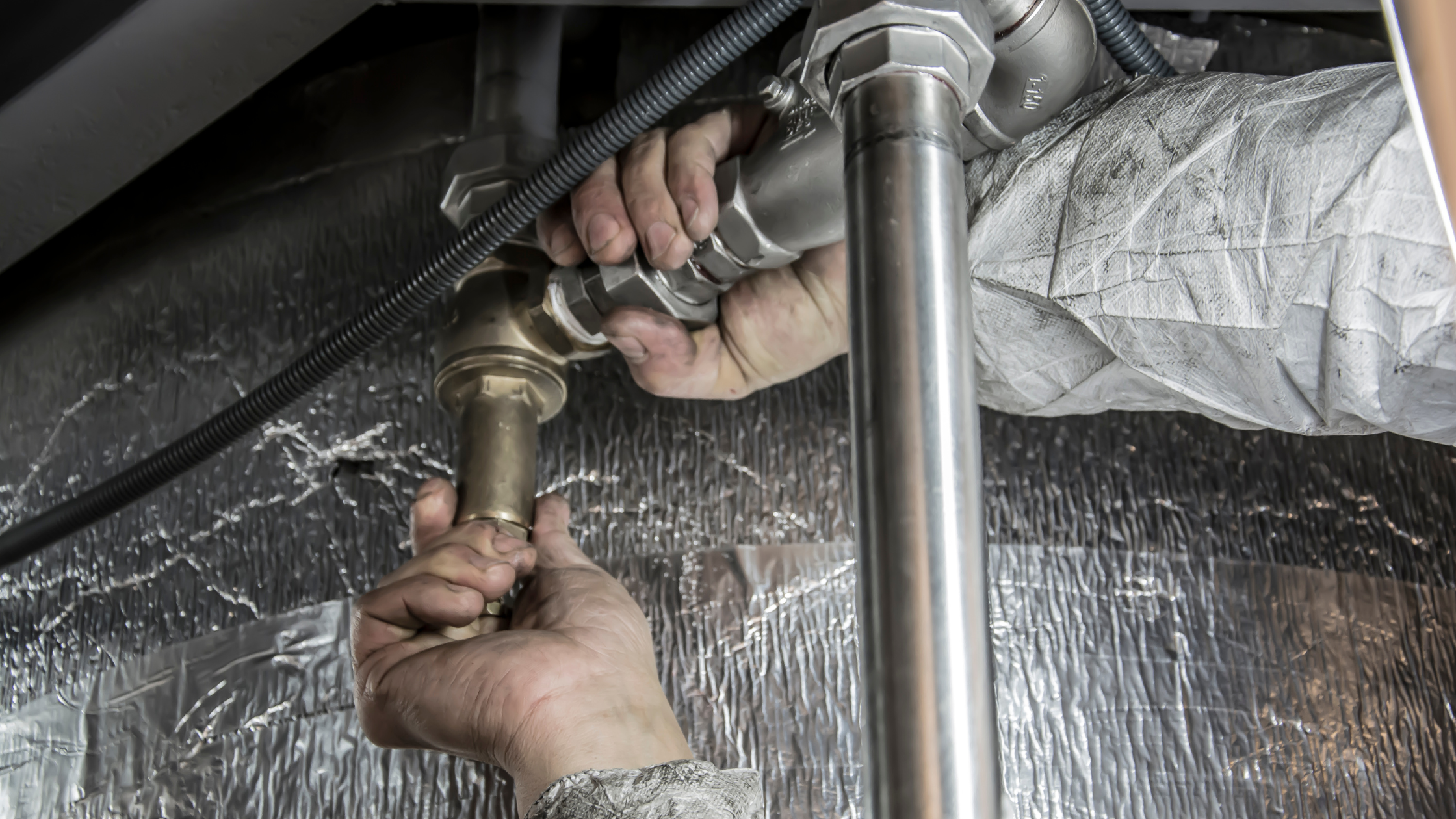As the chill of winter approaches, ensuring your home’s plumbing is ready to withstand the cold is essential. Freezing temperatures can cause pipes to freeze and potentially burst, leading to significant water damage and costly repairs. Here are some effective strategies to prepare your pipes for the winter months.
Insulate Your Pipes
Insulation is key to preventing your pipes from freezing. Pipes in unheated areas such as the attic, garage, or basement are particularly vulnerable. Consider using foam pipe insulation or heating tape to keep them warm during cold spells. Proper insulation can make a significant difference in preventing frozen pipes and maintaining consistent water temperature throughout your home.
Seal Leaks and Drafts
Inspect your home for any leaks or drafts, especially where pipes enter the home. Even small openings can let in enough cold air to cause a pipe to freeze. Use caulking or insulation to seal these spots. Pay special attention to areas that are not well heated or are prone to drafts.
Keep the Heat On
If you plan to be away from home for an extended period, don’t turn the heat off. Keeping the heat on at a consistent temperature will help protect your pipes from freezing. It doesn’t need to be as warm as when you’re home, but a steady temperature above 55°F is recommended.
Let Faucets Drip
Allowing a trickle of water to flow through the faucets connected to exposed pipes can prevent freezing. The constant movement of water makes it more difficult for the pipes to freeze. Focus on faucets in unheated areas or on the exterior walls of your home.
Disconnect Outdoor Hoses and Shut Off Valves
Remove any garden hoses connected to outdoor faucets and drain them before winter. Shut off the interior valves that control the water flow to these outdoor hose bibs, then open the outdoor faucet to allow any remaining water to drain and prevent freezing.
Schedule a Professional Inspection
For peace of mind, consider scheduling a professional inspection of your Plumbing system before the cold weather sets in. A licensed plumber can identify potential issues and recommend specific preventative measures tailored to your home’s needs.
By following these tips, you can significantly reduce the risk of freezing and bursting pipes during the winter months. Stay proactive and ensure your home’s Plumbing is ready to face the cold. If you need expert assistance or have concerns about your plumbing, don’t hesitate to contact a professional plumber. Your home is a significant investment, and taking these steps can help protect it during the winter and beyond.

